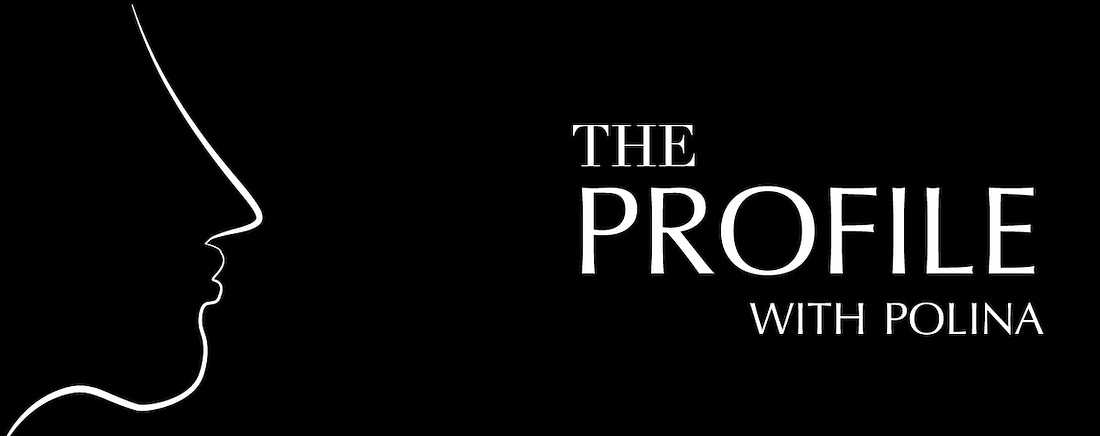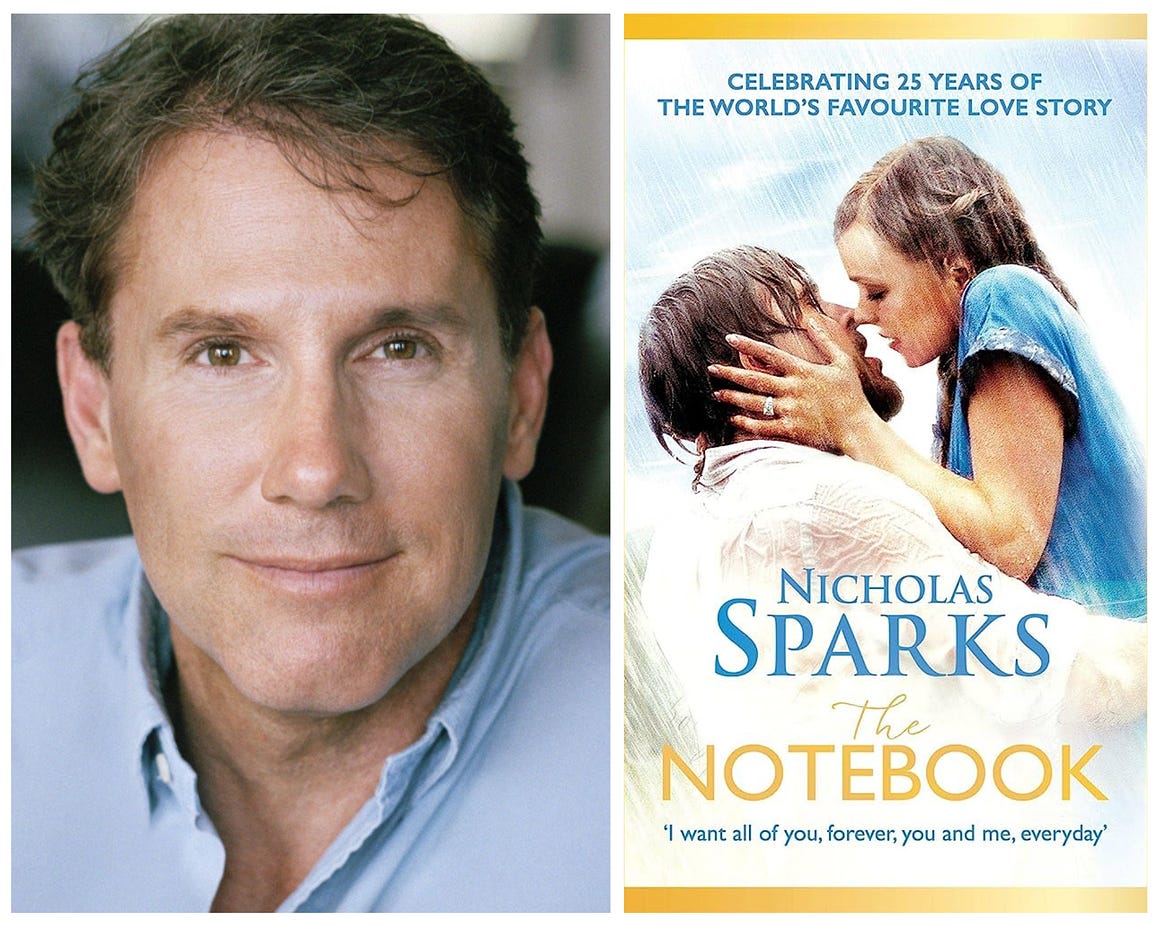The Profile Dossier: Nicholas Sparks, the Master of Tragic Love Stories
The Profile Dossier: Nicholas Sparks, the Master of Tragic Love Stories“By definition, all love stories have to end in tragedy.”
“The best love is the kind that awakens the soul and makes us reach for more, that plants a fire in our hearts and brings peace to our minds. And that’s what you’ve given me. That’s what I’d hoped to give to you forever.” — The NotebookNicholas Sparks describes his genre of novels as “tragic love stories.” And as the author of The Notebook, A Walk to Remember, Dear John, and A Message in a Bottle, he has done just that. It’s nearly impossible to get through one of his books without shedding a tear. “I try to create modern-day versions of the Greek Tragedies,” he says. “Sophocles and Euripides wrote their plays with the intention that the audience experiences the full range of human emotion, including both love and tragedy. More than that, they wanted to genuinely evoke these emotions without being manipulative. To read those plays is to ‘experience all the emotions of life.'” Sparks was 28 years old when he wrote The Notebook in six weeks, a novel about a young couple who falls in love in the 1940s and spend the rest of their lives making their way back to each other. When Sparks published the book in 1996, it hit The New York Times bestseller list in its first week and stayed there for more than a year, selling more than 105 million copies worldwide. In 2004, it was adapted into a hit film starring Ryan Gosling and Rachel McAdams. “I thought The Notebook had a chance to be very successful, even before writing the first sentence,” Sparks says. “The story struck me as truly memorable, and I knew the structure would work. And yet, I wasn’t sure I would be able to pull off the actual writing of the novel. It’s one thing to have a great story, but it’s an entirely different thing to commit the proper words to paper.” Up until The Notebook, Sparks had worked a number of odd jobs, none of which panned out. He tried out real estate appraisal, home restoration, food service, and pharmaceutical sales. But deep in his heart, he was a writer. “I knew that I didn’t want to be a pharmaceutical rep for the rest of my life,” he said. “So, I had an epiphany. I said, ‘Okay, I’m going to give writing another shot,’ and you know, I came up with the story for The Notebook.” You’ll notice many patterns in a signature Nicholas Sparks novel, one of which is that many of his stories feature a medical element. Sparks says art often reflects reality. In the course of his life, he has spent an inordinate amount of time in hospitals. When he was 23, his mom was in a fatal horseback riding accident. His sister had a brain tumor and died in the hospital. His father died in a car crash. His wife had a miscarriage early in their marriage. His second son Ryan was diagnosed as severely autistic. “I think for most people, this is part and parcel of life,” he says. “At the same time, it’s often moments like those that make you question things. And so to me it just reflects the truth.” After Sparks decides on a story, his process is relatively straightforward. He writes 2,000 words a day, three to four days per week, usually between the hours of 10 a.m. and 3:30 p.m. “Sometimes, writing may take three hours, sometimes seven or eight hours. At this pace, I finish a novel in four to five months,” he says. Here’s what we can learn from Sparks about evoking genuine emotion, generating original story ideas, and becoming a professional writer. ✨ The rest of this newsletter is only available for premium members of The Profile, whose support makes this work possible. If you’re not already a premium member, consider upgrading your subscription below for access to the full Profile Dossier. ✨… Keep reading with a 7-day free trialSubscribe to The Profile to keep reading this post and get 7 days of free access to the full post archives. A subscription gets you:
© 2023 The Profile |

